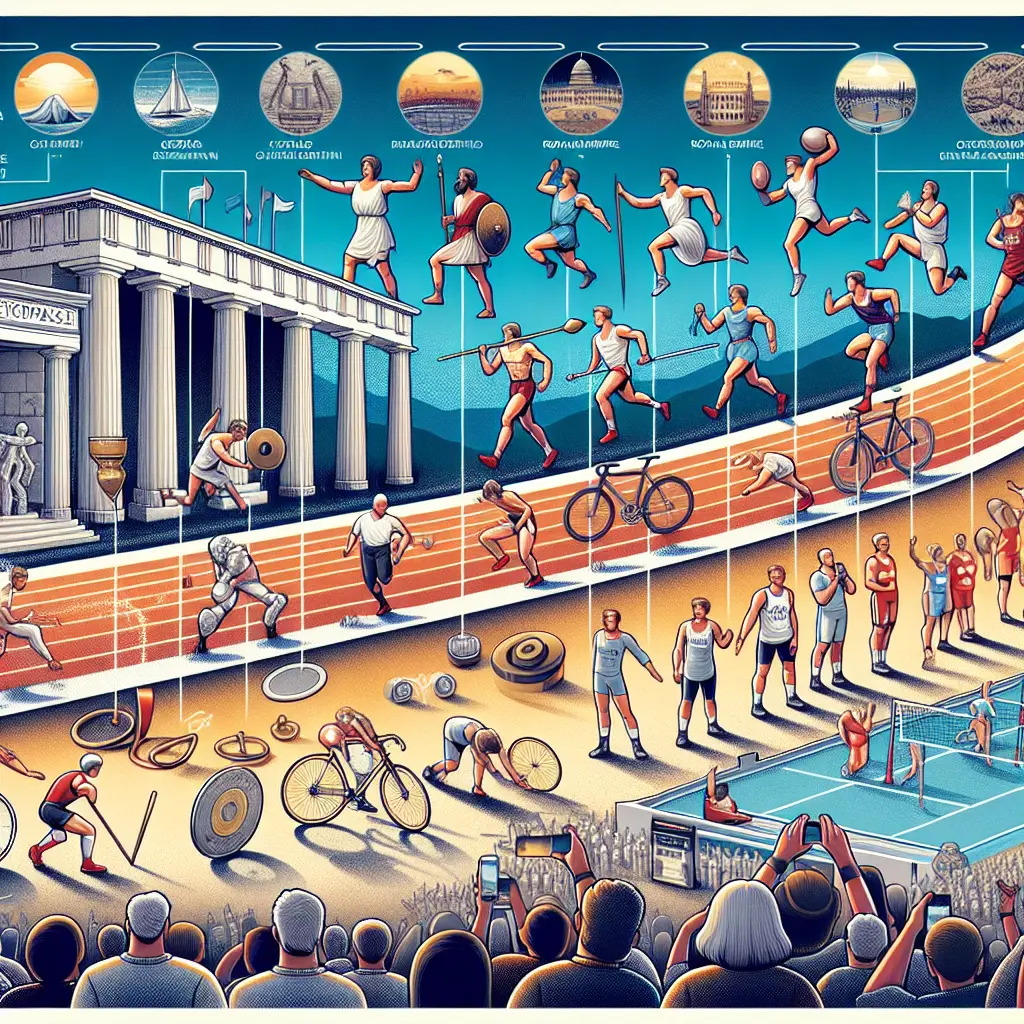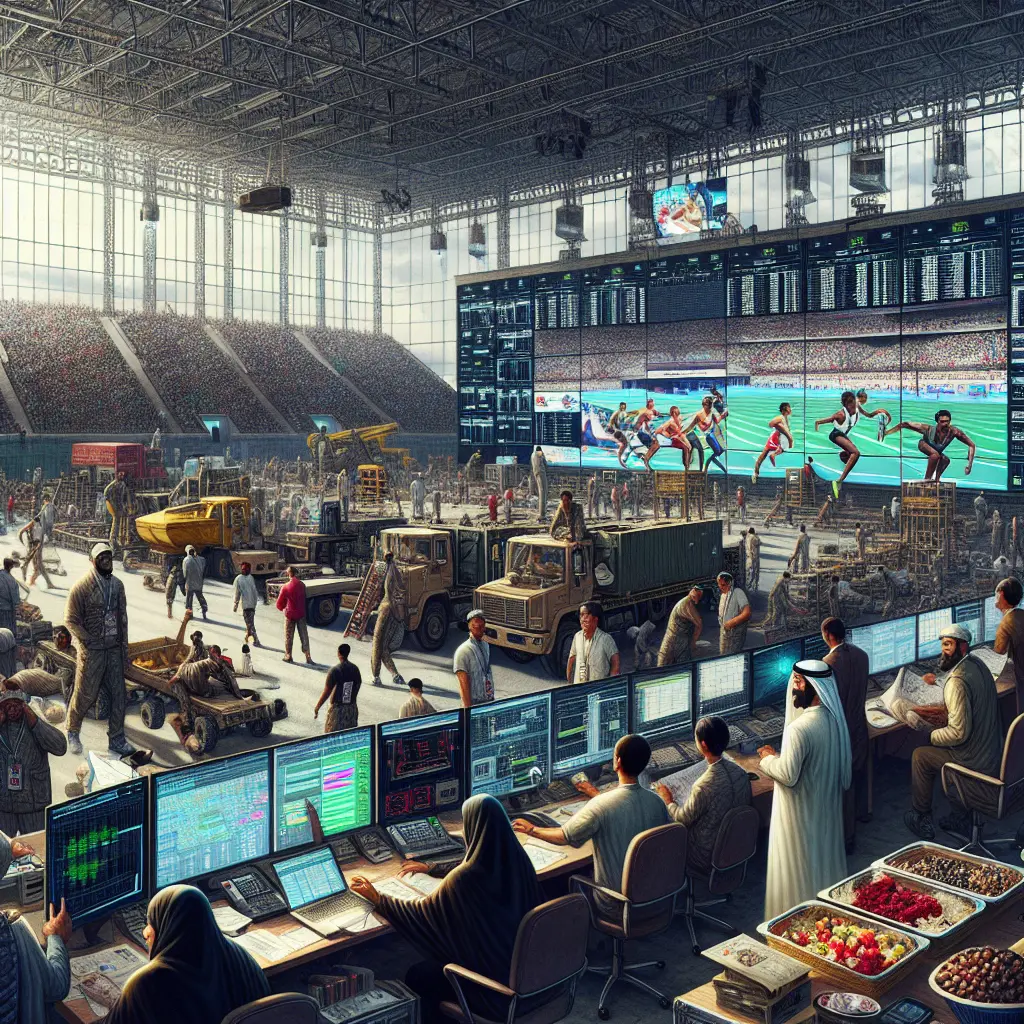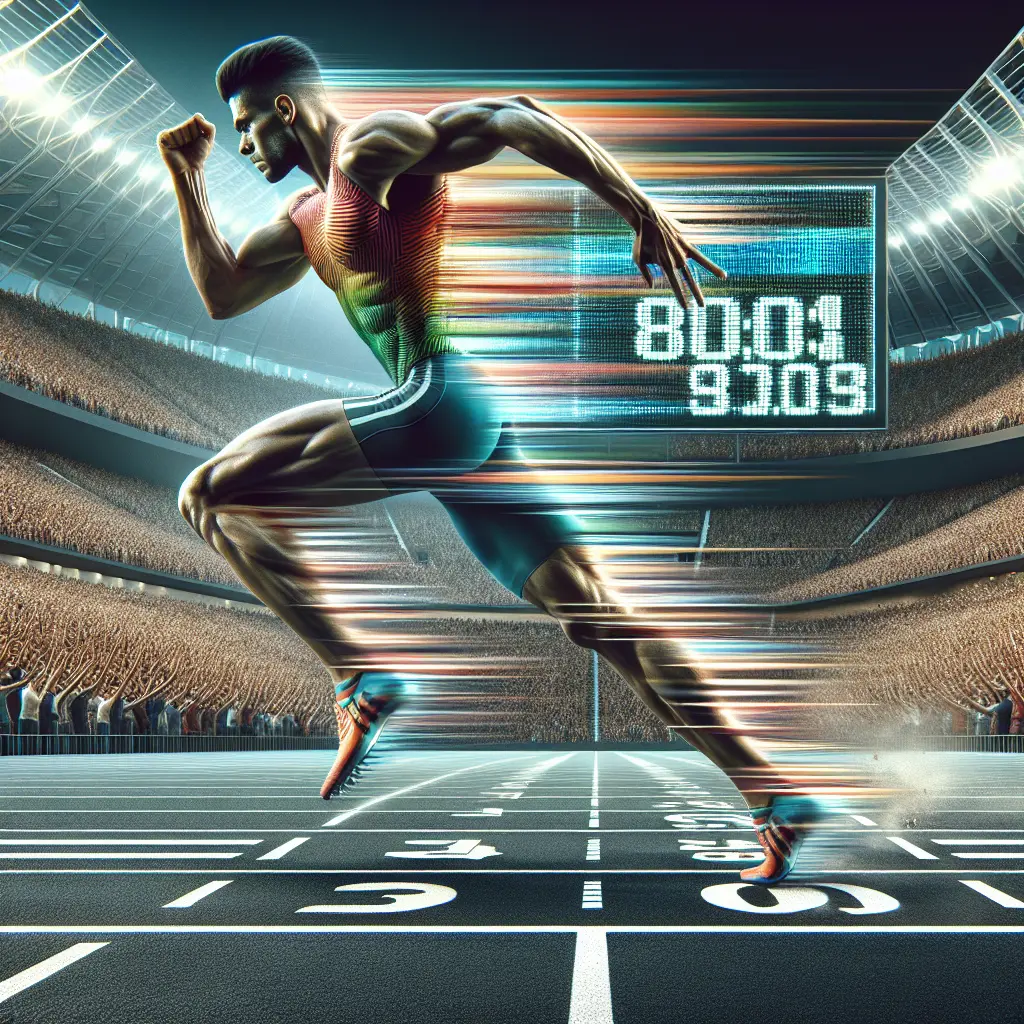The Olympic Games, a grand festival of sportsmanship and international unity, have evolved dramatically from their ancient origins to the modern spectacle we know today. This transformation isn't just about who competes or where the Games are held; it's also about the Olympic sports themselves. Here, we'll dive into the "Olympic Sports Evolution," tracing changes from the "History of Olympic Games" to the current era, marked by both tradition and innovation.
The "Ancient vs Modern Olympics" comparison reveals stark contrasts in the nature and scope of the competitions. Originally held in Olympia, Greece, in 776 BC, the ancient games were predominantly a local religious festival, featuring a limited number of athletic contests such as foot races, wrestling, and chariot racing. These events were performed in honor of the gods, with olive wreaths as prizes.
Fast forward to 1896, the year the modern Olympics were revived by Baron Pierre de Coubertin. The inaugural modern Games in Athens marked the beginning of an evolving global phenomenon. Unlike their ancient counterparts, the modern Olympics began to incorporate a variety of sports and welcomed athletes from across the world.
The "Olympic Sports Timeline" is filled with significant milestones reflecting "Changes in Olympic Sports." From the initial nine sports featured in 1896, the Olympic program has expanded to include over 30 sports in the upcoming 2024 Paris Olympics. This expansion is a testament to the "Development of Olympic Events," accommodating global diversity and changing tastes.
A deeper look into the "Evolution of Olympic Competition" reveals a dynamic process influenced by cultural trends, technological advancements, and global politics. For instance, the early 20th century saw sports like tug-of-war being phased out, while later years welcomed BMX racing and taekwondo, reflecting broader global interests and advancements in sports technology.
Historical Olympic Sports: What's Changed?
The list of "Historical Olympic Sports" includes many that have either been modified significantly or removed entirely from the roster. Polo, lacrosse, and cricket made brief appearances in early modern Olympics but were eventually dropped due to various reasons ranging from lack of global popularity to logistical challenges.
The "Olympic Sports Additions and Removals" are particularly evident as we approach the Paris 2024 Olympics. Breaking (breakdancing) will debut as an Olympic sport, showcasing the Games' adaptation to contemporary cultural trends. This inclusion highlights how urban culture has become an integral part of the global sports narrative.
As we look forward to the 2024 Summer Olympics, several factors are shaping its preparation and presentation. Notably, concerns about "Dengue Fever Threatens to Gate-Crash the 2024 Summer Olympics" highlight the ongoing challenges of hosting large-scale international events in an era of global health uncertainties.
Broadcasting innovations are also set to change how we experience the Games. "Xfinity is showing the Olympics with Dolby Vision and Dolby Atmos on its Stream app," promising an immersive viewing experience. Furthermore, announcements like "Sirieix joins BBC's presenter line-up for Olympics" indicate fresh faces and perspectives in Olympic broadcasting, enhancing viewer engagement.
The Spectacle of Opening Ceremonies
"The 2024 Paris Olympics Opening Ceremony Will Be Unlike Any Before It," promises an event that will spectacularly showcase French culture while integrating cutting-edge technology. This evolution mirrors broader trends in how major events are leveraging technology for greater impact and inclusivity.
With multiple platforms broadcasting the events, knowing "How to stream the Olympics like a champ" becomes essential for enthusiasts. Platforms are offering enhanced accessibility and quality, ensuring that no one misses out on witnessing Olympic history being made.
The journey from ancient Olympia to modern Paris has been long and transformative. The evolution reflects changes in global attitudes towards sports, technology, and international diplomacy. Each iteration of the Games offers a unique blend of tradition and innovation, inviting us to witness new chapters in this ongoing narrative.
As we anticipate further developments and prepare to tune into Paris 2024, let's celebrate this incredible "Olympic Games Transformation," appreciating both its storied past and promising future.
Keep sprinting through history, one Olympic record at a time.








Leave a Comment